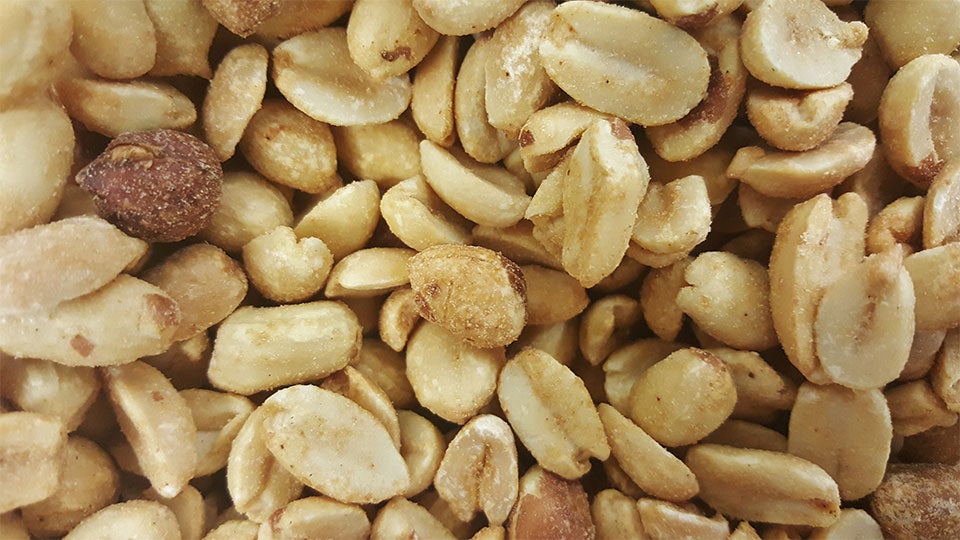Food allergies no more
Published: 17 Jul 2018

A food allergy is an abnormal response to a certain food by the body’s immune system. It can be life-threatening and should not be taken lightly.
Now, there is a treatment known as oral immunotherapy (OIT) to help manage food allergies. It works by allowing an individual with food allergy to consume a small amount of the trigger food, rather than avoiding it, to increase the body’s tolerance level.
The OIT programme was started in NUH in 2015 for children with food allergies and covers common allergenic foods. It is not available for adult at the moment but research on shellfish OIT is in the pipeline.
Although they will not be cured of the allergy, children who undergo treatment can eat the trigger food. Dr Soh Jian Yi, NUS Medicine alumnus and consultant at National University Hospital (NUH)’s division of paediatric allergy, immunology and rheumatology said, “If you have a post-treatment threshold of reactivity of 20 peanuts, eating 100 means you’ll still get an allergic reaction, although you won’t if you eat 10. The person also has to take the food every week to maintain the threshold, or the effect wears off gradually after a few months.”
Dr Loh Wen Yin, also an alumnus of NUS Medicine, has a different opinion about the benefits of this treatment as there is a lack of evidence on safety and whether the treatment can achieve the desired results in the long run.
“Furthermore, it has been reported that the frequency of allergic reactions occurring in patients undergoing OIT is higher than in those avoiding the culprit food, even among those who might have been successfully de-sensitised, and some of these reactions can be life-threatening,” Dr Loh added.
News Coverage

